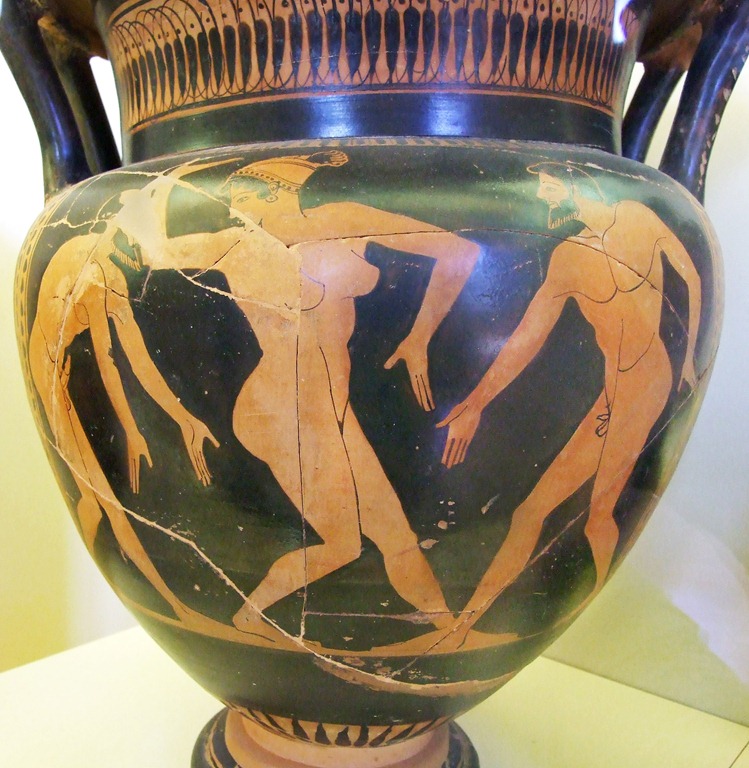In the Hebrew paradigm, God creates the male and female body as inherently BAD, but without any awareness of it. In other words, without shame.
This awareness is something Adam and Eve must steal from the tree of knowledge.
Suddenly, their eyes are opened, realizing this human body must be hidden from sight.
Thus a culture of self-loathing was the inevitable result...
This isn't even close to what is taught by Jews or Christians. In fact, that's not even what the Bible reads!
Genesis 1:27-31
"27 So God created mankind in his own image,
in the image of God he created them;
male and female he created them...
......
31 God saw all that he had made, and it was very good. And there was evening, and there was morning—the sixth day."
God created mankind as inherently good.
"Knowledge" in the context of Hebrew scriptures meant intimate experience. A simple example that makes this clear is in the New Testament, when Mary is visited by Gabriel and is told that she is to bear and give birth to a son. Her response is a question, in which she asks how this can be since she "has not known man." Knowledge of good and evil, in the context of the creation myth, regards experiential knowledge, not of good, but of the difference between good and evil, which requires the experience of evil.
The tree is a symbol of "source." Trees have branches and bear fruit, and the kind of branches and fruit depend on the source, the tree. Geneologies, or family trees, were extremely important to the Hebrews, as they indicated where they came from.
The tree of good and evil, then, in the context of the creation myth is about the source of evil, which, when partaken of, enters the partaker into the intimate knowledge of the difference between good and evil. Simply put, partaking of the tree of good and evil simply means to commit evil. And it represented the source of evil in two ways. First, it was the source of human evil, the first sin. Second, put into the context of the story, it was disobedience to the will of God. Thus, in Jewish thought, evil action always amounted to disobedience to the authority of God.
The covering of the body was a symbol of shame. It is simple psychology. When people are guilty, they try to hide their sins, or they try to hide themselves. There is also a secondary element present. Jewish thought was that after the fall, humanity was subject to concupiscence. This is an inclination to sin. Part of concupiscence is that people will look at other people as objects, rather than subjects, as they are. The covering of the body is meant to be a protection against that. Again, we see this in every day behaviour. If someone walks in on you while your having a shower, your first instinct is to cover up. Not because you hate your body, but because you don't want them to gawk, or treat you like meat.



